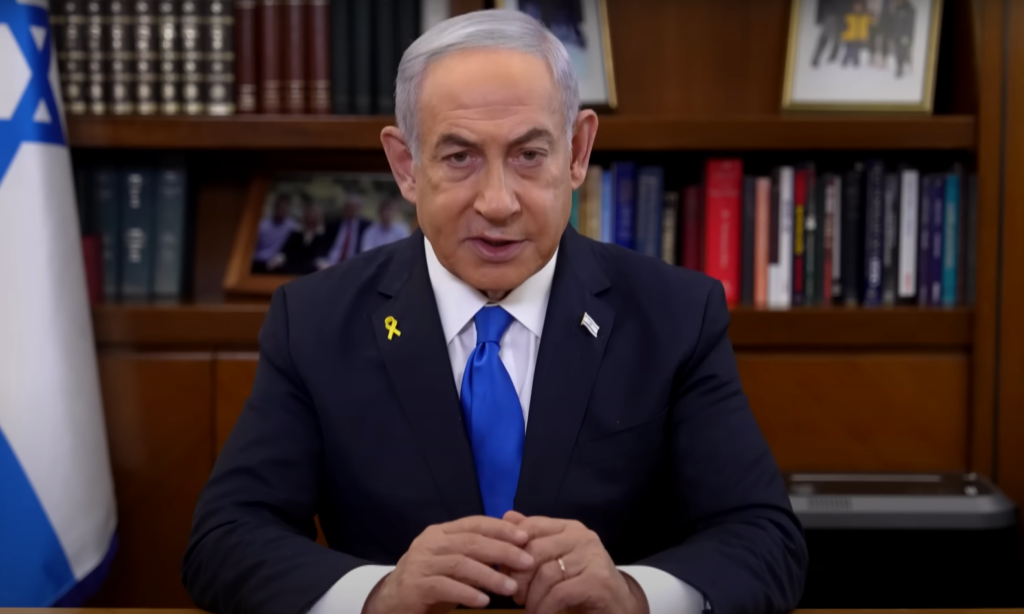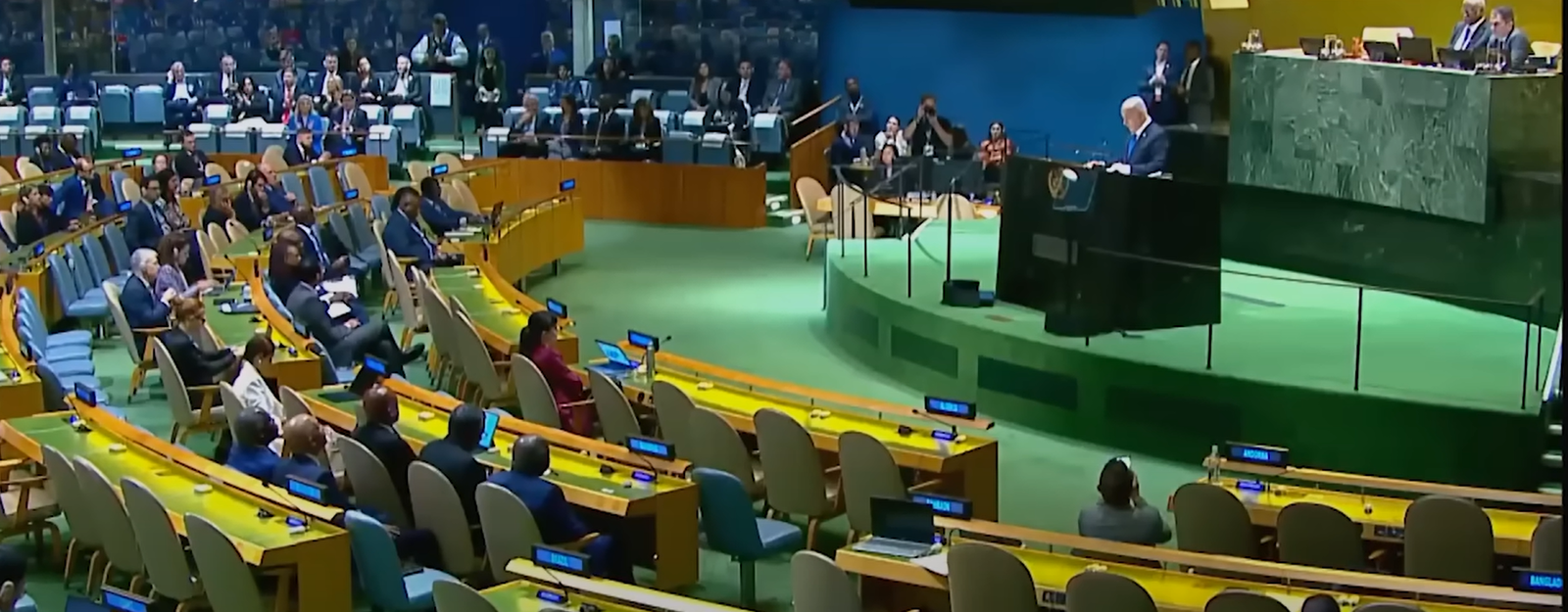
In a significant development in Middle Eastern geopolitics, Israeli Prime Minister Benjamin Netanyahu has made a bold announcement regarding Iran, indicating a potential escalation in military actions. This announcement has raised alarms not only in the region but also in India, which has been closely monitoring the situation due to its strategic interests and historical ties with both Israel and Iran.
The Context of Netanyahu’s Announcement
Netanyahu’s recent statements come amidst heightened tensions between Israel and Iran, particularly concerning Iran’s nuclear program and its support for militant groups in the region. Israel has long viewed Iran as its primary adversary, accusing it of fostering terrorism and destabilizing the region through its proxies in Lebanon, Syria, and Gaza. The Israeli government has repeatedly expressed its commitment to preventing Iran from acquiring nuclear weapons, which it perceives as an existential threat.
Israel’s Military Strategy
In his announcement, Netanyahu hinted at a more aggressive military strategy against Iran, suggesting that Israel may take preemptive actions to thwart Iranian advancements. This could involve targeted strikes against Iranian facilities or military assets in the region. The Israeli defense establishment has been preparing for various scenarios, including potential retaliatory actions from Iran or its allies in response to any Israeli strikes.
India’s Reaction and Concerns
India, which shares a complex relationship with both Israel and Iran, is understandably concerned about the implications of this announcement. India has significant economic ties with Iran, particularly in the energy sector, and has historically maintained a policy of non-alignment in Middle Eastern conflicts. However, India’s growing defense and strategic partnership with Israel complicates its position.
The Indian government is likely to assess the potential fallout from any military escalation in the region. Increased hostilities could disrupt trade routes, impact energy supplies, and lead to a rise in regional instability, which would have direct consequences for India’s security and economic interests.
The Broader Implications for Regional Stability
Netanyahu’s announcement is not just a bilateral issue between Israel and Iran; it has broader implications for regional stability. A military confrontation could draw in other countries, including the United States, which has historically supported Israel, and Russia, which has close ties with Iran. The potential for a wider conflict raises concerns about the humanitarian impact on civilians in the region and the possibility of a new wave of refugees.
Moreover, the announcement could embolden radical groups in the region, leading to increased violence and terrorism. Countries like Pakistan, which have their own agendas and relationships with Iran, may also react to the situation, further complicating the geopolitical landscape.
Netanyahu’s bold announcement regarding Iran marks a critical juncture in Middle Eastern politics, with far-reaching implications for Israel, Iran, and countries like India. As tensions escalate, it is crucial for all parties involved to engage in dialogue and seek diplomatic solutions to prevent a military confrontation that could destabilize the region and have global repercussions. India’s response will be pivotal in navigating this complex situation, balancing its relationships while ensuring its national interests are safeguarded.
The tense relations between Israel and Iran are not hidden from anyone. Whenever there is any news about Iran’s nuclear program, the whole world is in a panic. Recently, Israel’s Prime Minister Benjamin Netanyahu has made a big statement, in which he has talked about taking a tough stand against Iran. This decision has increased concern not only in the Middle East but also in countries like India. Let us understand this issue in detail.
Historical tensions between Israel and Iran
Relations between Israel and Iran have been tense for decades. Iran denies the existence of Israel and claims to have nuclear weapons.

[…] conflict, the Indian diaspora can be particularly vulnerable, especially in countries like the UAE, Saudi Arabia, and Oman, which are geographically close to the epicenter of the […]